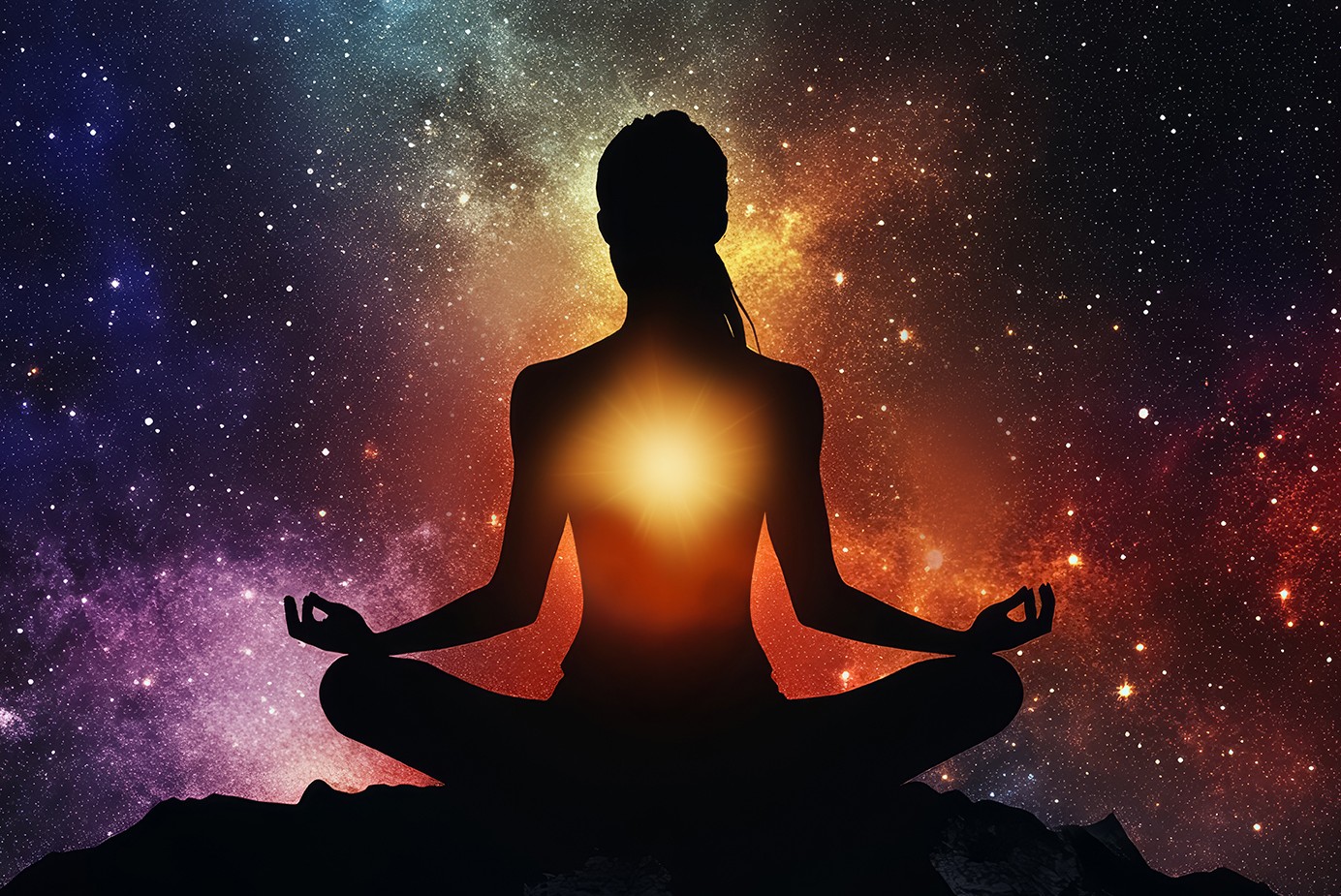“Our anxiety reveals where our hearts truly lie.” –Timothy Keller
Perhaps the most common of all issues encountered by healers is that of anxiety. It is the gateway to physical and mental disease and has become an expected ingredient of modern life.
As naturopaths who treat the root cause, how should we approach such a ubiquitous affliction? We must first ask ourselves if our core modalities — changing the diet, giving an adjustment or administering hydrotherapy — will do the job. Or perhaps a homeopathic remedy, or talking with a therapist is the cure? I can only speak for myself, but I’ve tried it all to no avail.

To probe further, I scan the self-help literature of the day and find the common opinion of books and blogs is that most of our fears will never occur, therefore doing visualization exercises to turn off worry by focusing on something positive is the best course of action. Sounds logical enough.
I then compare this modern approach to what the ancient scriptures say. Interestingly, they say the exact opposite. When King David was writing in 1,000 BC, he exclaimed, “Though an army besiege me, my heart will not fear; though war break out against me, even then I will be confident.”
What is he doing here? Instead of trying to tune his worry out, he is intentionally visualizing the worst possible scenario he can imagine – being surrounded by an enemy army about to die – and claiming a complete lack of anxiety.
This approach may seem alarming to modern eyes. But is it? What if David found a solution to anxiety that could withstand even the worst possible scenario? Wouldn’t we all want that?
The remainder of the poem expresses that our fears are directly proportional to the vulnerability of the things in which we place our hope and trust. If we receive our worth and joy from career success, the opinion of others, money, family, physical beauty, or status, and then lose these things (as we all one day will), anxiety will ensue.
But what if we realize what David realized in his moment of despair? What if we place our joy, worth and trust in something that is not subject to the vicissitudes of time and life? What if we submit instead to an unchanging, everlasting and always faithful fulcrum?
Maybe then we could quit our ceaseless striving. Maybe then we could finally treat the deepest root of our anxiety and find rest – true rest, for our bodies, minds and souls.



